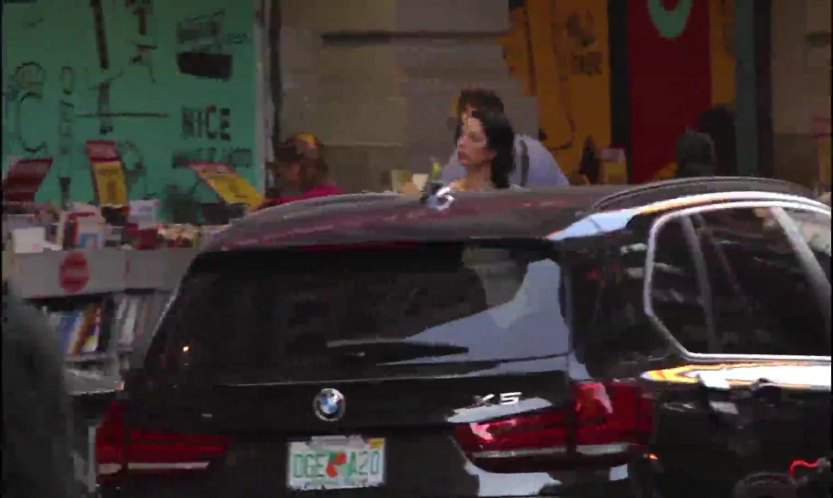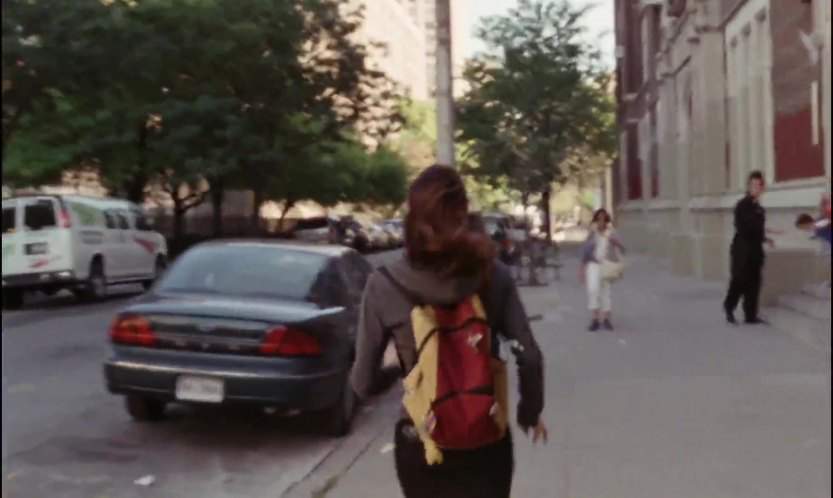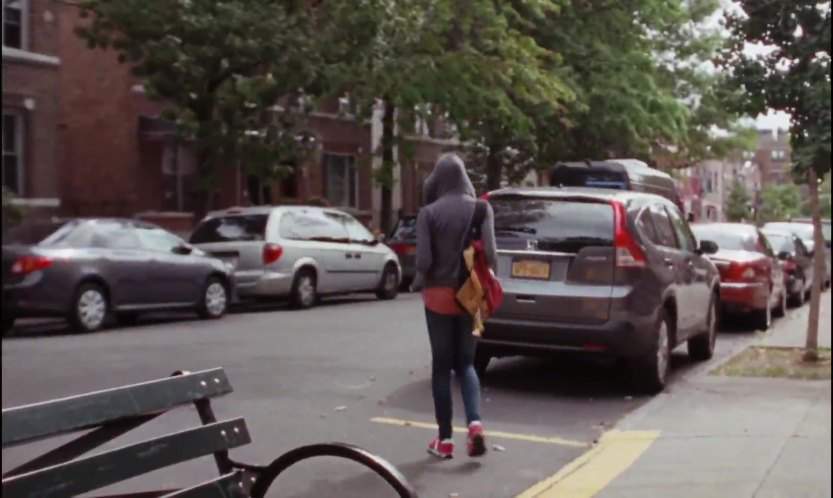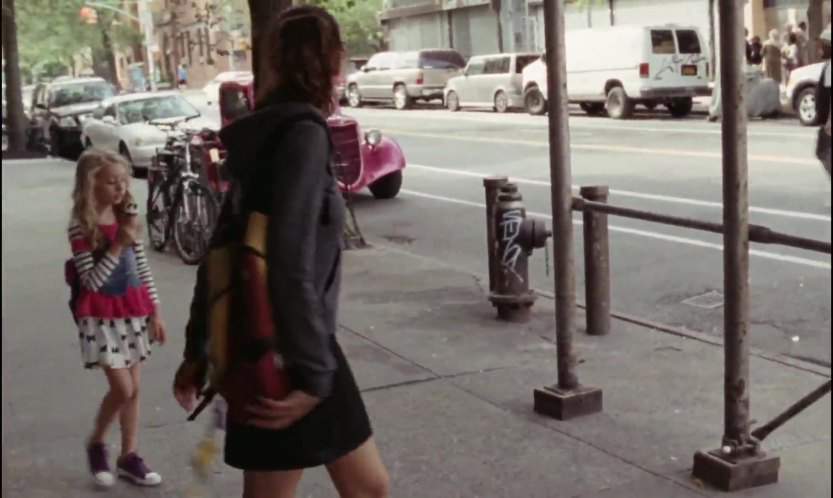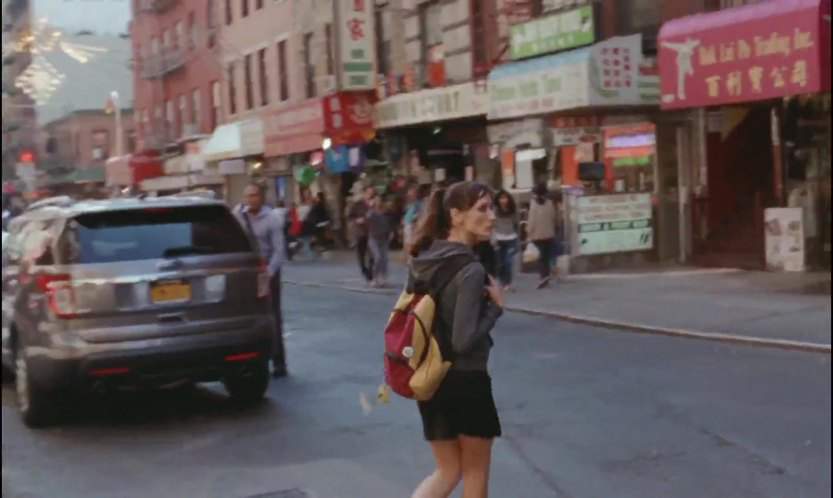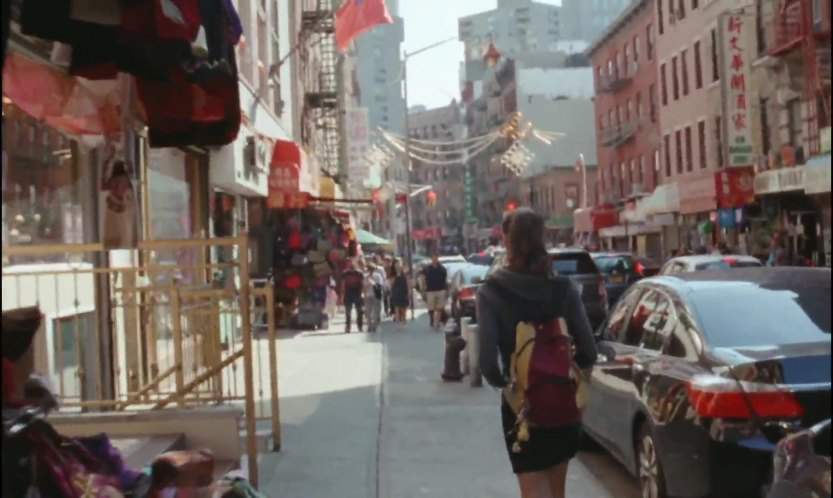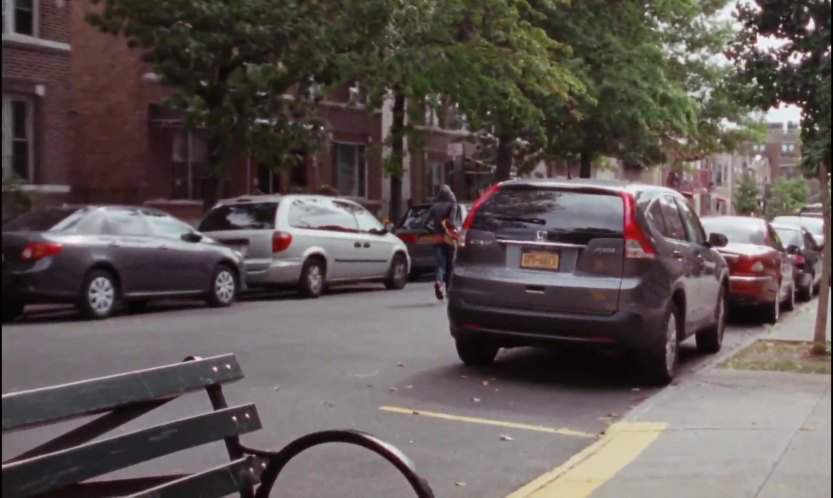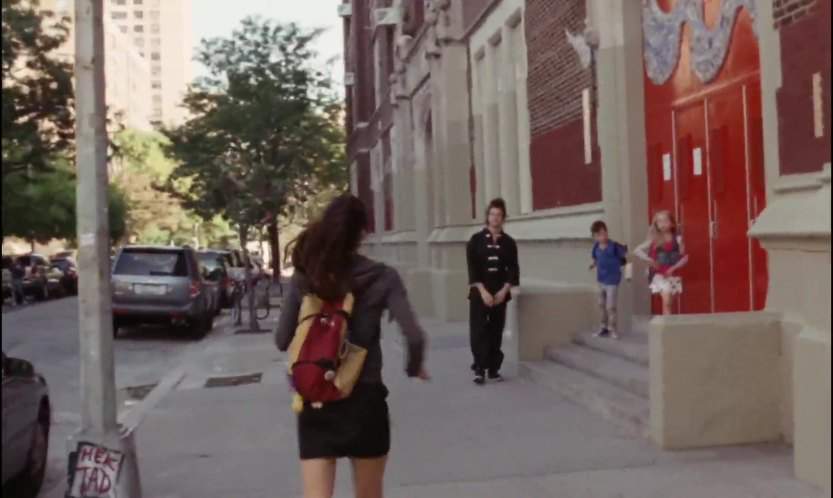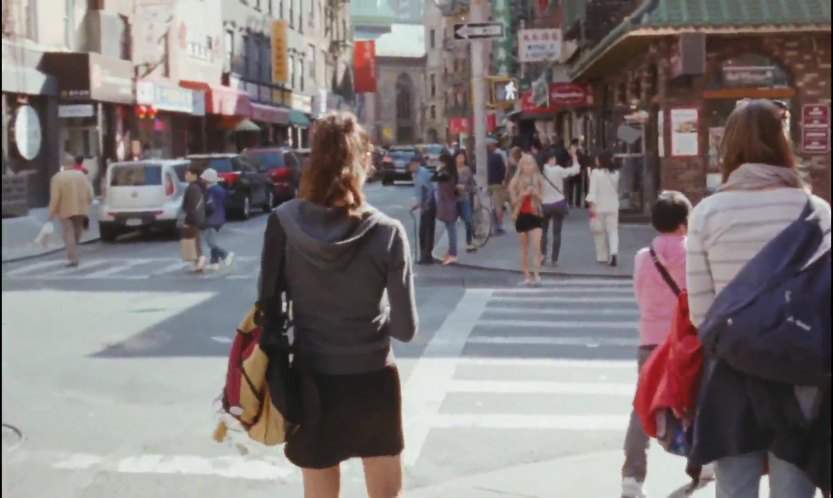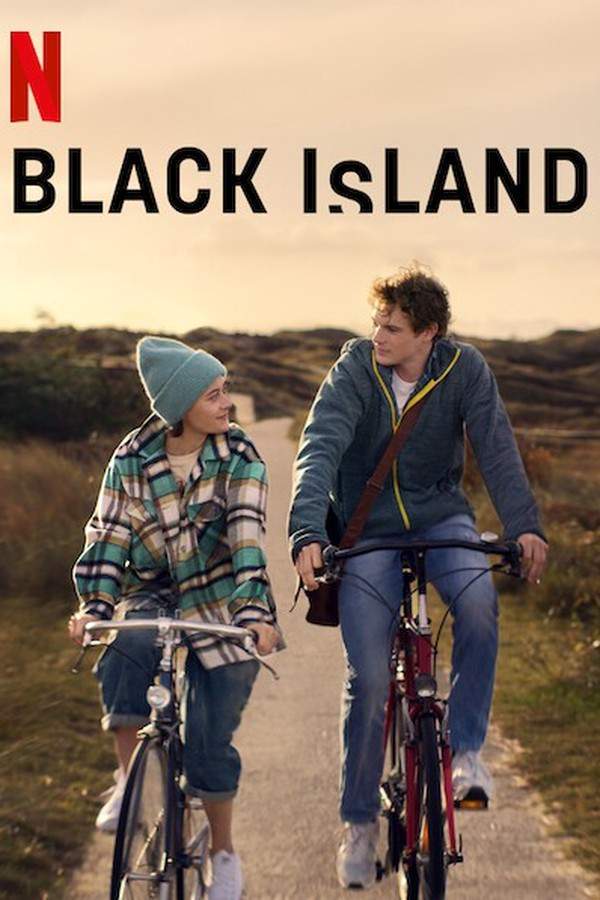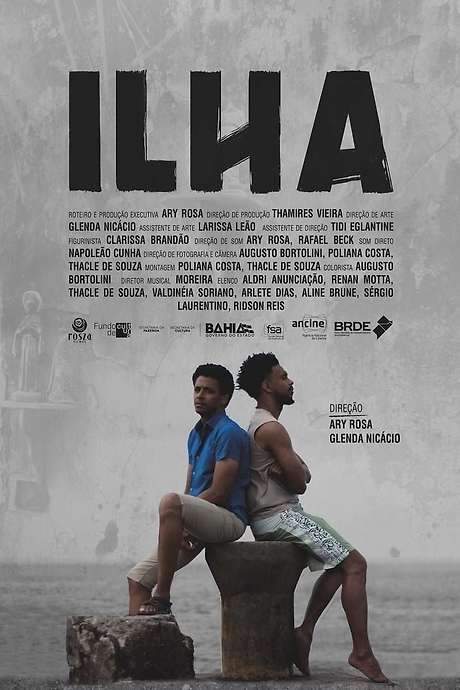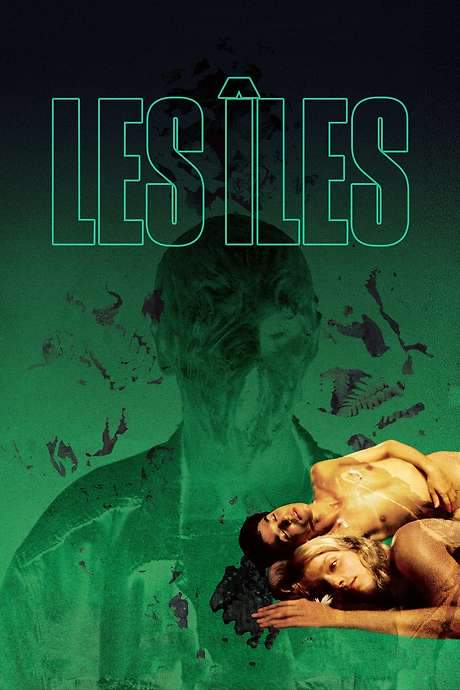Most Beautiful Island 2017

Seeking to leave behind a difficult past, Luciana finds her routine shattered and is drawn into a dangerous situation. She becomes entangled in a harrowing ordeal where vulnerable lives are used for the entertainment of powerful and unscrupulous individuals. The experience tests her resilience as she fights to survive and protect others.
Does Most Beautiful Island have end credit scenes?
No!
Most Beautiful Island does not have end credit scenes. You can leave when the credits roll.
Meet the Full Cast and Actors of Most Beautiful Island
Explore the complete cast of Most Beautiful Island, including both lead and supporting actors. Learn who plays each character, discover their past roles and achievements, and find out what makes this ensemble cast stand out in the world of film and television.
External Links and Streaming Options
Discover where to watch Most Beautiful Island online, including streaming platforms, rental options, and official sources. Compare reviews, ratings, and in-depth movie information across sites like IMDb, TMDb, Wikipedia or Rotten Tomatoes.
Ratings and Reviews for Most Beautiful Island
See how Most Beautiful Island is rated across major platforms like IMDb, Metacritic, and TMDb. Compare audience scores and critic reviews to understand where Most Beautiful Island stands among top-rated movies in its genre.

The Movie Echo Score
Most Beautiful Island offers a tense account of an undocumented immigrant’s ordeal, grounded in a modest production. Reviews note a gradual build of suspense that culminates in a gripping finale, though some found the pacing uneven and the conclusion abrupt. The film’s writing and directorial debut demonstrates a clear sense of authenticity and urgency, supported by a focused visual style and committed performances. Overall, its strengths in atmosphere and character work outweigh occasional narrative lulls, marking it as a distinctive thriller.
The Movie Echo Score Breakdown for Most Beautiful Island

Art & Craft
In terms of direction and visual framing, Most Beautiful Island’s modest budget manifests as purposeful camera work and deliberate compositions. Critics and viewers highlighted the clear staging and coherent visual style, though a measured pace occasionally felt sluggish. Editing choices reinforce mounting tension, with the final act’s tighter cuts intensifying the mood. Overall, the art and craft support the film’s unyielding tone.

Character & Emotion
When it comes to character depth and emotional resonance, performances are frequently praised for their authenticity and raw urgency. Viewers found the lead portrayal particularly compelling, with nuanced gestures conveying vulnerability. Supporting roles contribute credible interactions that underline the film’s immersive quality. In conclusion, the acting and emotional stakes form a solid foundation that carries much of the narrative weight.

Story & Flow
In terms of plot coherence and pacing, the film presents a steadily escalating situation that engages until the climax. Critics commended the originality of the premise and the sustained suspense, while some viewers noted a slow initial setup and an abrupt final beat. The narrative balances realistic stakes with genre inflections. Overall, the story structure proves engaging despite minor flow inconsistencies.

Sensory Experience
In terms of sensory experience, the film’s sound design and atmospheric score generate persistent tension. Critics and audiences remarked on the effective use of ambient noises to heighten unease, though references to a specific soundtrack were limited. The stark visual palette aligns with the film’s confined setting and underscores its claustrophobic mood. Overall, the sensory elements enhance the pervasive sense of dread.

Rewatch Factor
In terms of rewatch value, Most Beautiful Island offers moderate appeal for subsequent viewings. The concise runtime and focused tension maintain interest, though the narrative relies on a singular climactic twist that may lose impact once known. While the film’s authenticity and performances encourage reconsideration, some viewers may find limited new discoveries on repeat viewings. Overall, the rewatch factor remains fair but not exceptional.

73
Metascore
6.6
User Score


94%
TOMATOMETER

47%
User Score

5.7 /10
IMDb Rating

56
%
User Score

3.3
From 5 fan ratings

3.00/5
From 2 fan ratings
Take the Ultimate Most Beautiful Island Movie Quiz
Challenge your knowledge of Most Beautiful Island with this fun and interactive movie quiz. Test yourself on key plot points, iconic characters, hidden details, and memorable moments to see how well you really know the film.
The Most Beautiful Island Quiz: Test your knowledge on the thought-provoking film, Most Beautiful Island, and its exploration of immigrant struggles in New York City.
Who is the director of Most Beautiful Island?
Ana Asensio
Larry Fessenden
Natasha Romanova
Spike Lee
Show hint
Full Plot Summary and Ending Explained for Most Beautiful Island
Read the complete plot summary of Most Beautiful Island, including all major events, twists, and the full ending explained in detail. Explore key characters, themes, hidden meanings, and everything you need to understand the story from beginning to end.
There’s little in the first half of Most Beautiful Island, directed by Ana Asensio, that hints at the shocking events of its latter part, aside from the involvement of indie-horror distributor Glass Eye Pix. Initially, the film appears to be a typical Sundance selection focusing on multicultural strivers in New York City. At its heart is Luciana (Ana Asensio), an immigrant from Spain trying to escape her past as she navigates Brooklyn—often taking the F line—while juggling menial jobs to survive.
The narrative follows Luciana through a seemingly ordinary day, which includes visits to a doctor she cannot afford due to the lack of insurance and returning to her cramped apartment filled with items clearly tagged with “Not Yours” by her roommate. We witness her as she picks up disrespectful children from school and walks them home, and even dressing up in a playful yet provocative outfit to hand out flyers. Her world is further complicated when her friend Olga (Natasha Romanova), who works with her on the flyering job, requests Luciana to take her place at another gig. The offer sounds remarkably enticing: a chance to earn $2,000 for merely attending a cocktail party, requiring nothing more than a black dress and high heels—no other obligations involved.
Up to this point, Most Beautiful Island unfolds like an ethnographic quasi-documentary, vividly portraying Luciana’s experiences amidst the diverse immigrant hustle in New York City. Each woman depicted is fueled by personal aspirations amidst seemingly endless yet elusive economic opportunities. Luciana often receives support from fellow immigrants, like benevolent shopkeepers who allow her to defer payment, and taxi drivers who dismiss her financial constraints. Yet, some remind her about the harsh reality of self-made luck and the consequences of fate—a theme that becomes painfully evident in the latter half of the film.
The job offer from Olga leads Luciana to a dimly lit basement near the West Side Highway, which proves to be a trap. It soon becomes clear that the glamorous cocktail party is shrouded in darkness as women, marked by numbers in chalk, are subjected to the gaze of well-dressed attendees sipping champagne, while stern men in black stand guard to prevent any escape. The atmosphere grows thick with tension and foreboding as the women are led, one by one, into a “party room.” When Luciana is finally summoned, she is confronted with a surreal yet harrowing reality—a cruel situation that is stomach-churning in its horror, compounded by the realization that many of these women, desperate for money, have willingly put themselves in peril. The experience is disturbingly reminiscent of sexual assault.
In a departure from typical genre expectations, where victims may ultimately rise to confront their tormentors, the women here react in a more realistic manner—they take the cash and flee, devoid of any grand climactic moments or vengeful justice. The film closes with a haunting shot of a stretch of New York City highway, where a dilapidated sign reads: “BIG APPLE BIG DREAMS.” Its grotesque irony resonates more deeply when recalling the film’s introductory note: “Inspired by true events.” This stark reality serves as a chilling reminder of how many vulnerable individuals navigate life today.
Uncover the Details: Timeline, Characters, Themes, and Beyond!

Coming soon on iOS and Android
The Plot Explained Mobile App
From blockbusters to hidden gems — dive into movie stories anytime, anywhere. Save your favorites, discover plots faster, and never miss a twist again.
Sign up to be the first to know when we launch. Your email stays private — always.
Watch Trailers, Clips & Behind-the-Scenes for Most Beautiful Island
Watch official trailers, exclusive clips, cast interviews, and behind-the-scenes footage from Most Beautiful Island. Dive deeper into the making of the film, its standout moments, and key production insights.
Cars Featured in Most Beautiful Island
Explore all cars featured in Most Beautiful Island, including their makes, models, scenes they appear in, and their significance to the plot. A must-read for car enthusiasts and movie buffs alike.
Most Beautiful Island Themes and Keywords
Discover the central themes, ideas, and keywords that define the movie’s story, tone, and message. Analyze the film’s deeper meanings, genre influences, and recurring concepts.
Most Beautiful Island Other Names and Titles
Explore the various alternative titles, translations, and other names used for Most Beautiful Island across different regions and languages. Understand how the film is marketed and recognized worldwide.
Similar Movies To Most Beautiful Island You Should Know About
Browse a curated list of movies similar in genre, tone, characters, or story structure. Discover new titles like the one you're watching, perfect for fans of related plots, vibes, or cinematic styles.
Quick Links: Summary, Cast, Ratings, More

What's After the Movie?
Not sure whether to stay after the credits? Find out!
Explore Our Movie Platform
New Movie Releases (2025)
Famous Movie Actors
Top Film Production Studios
Movie Plot Summaries & Endings
Major Movie Awards & Winners
Best Concert Films & Music Documentaries
Movie Collections and Curated Lists
© 2025 What's After the Movie. All rights reserved.















